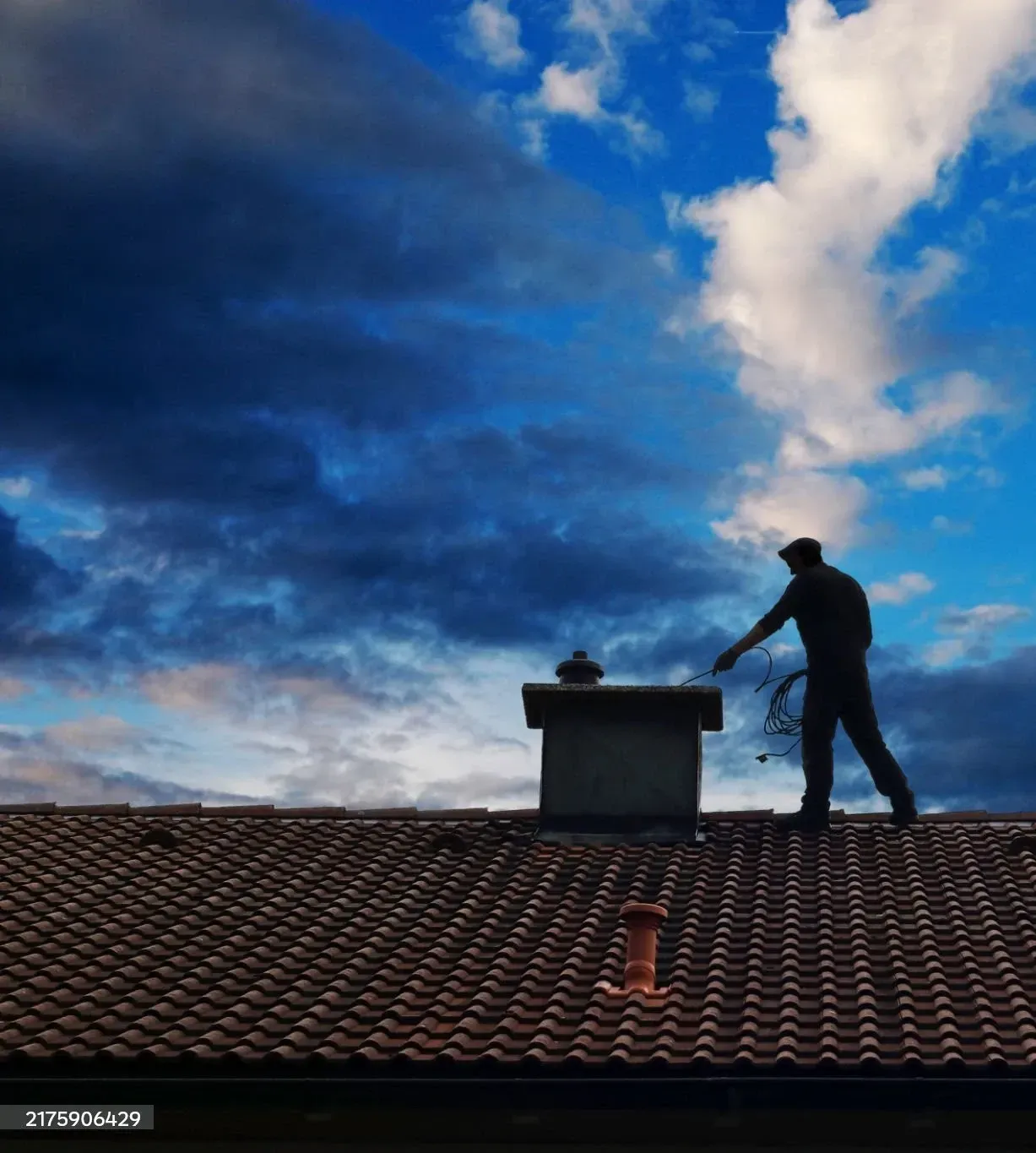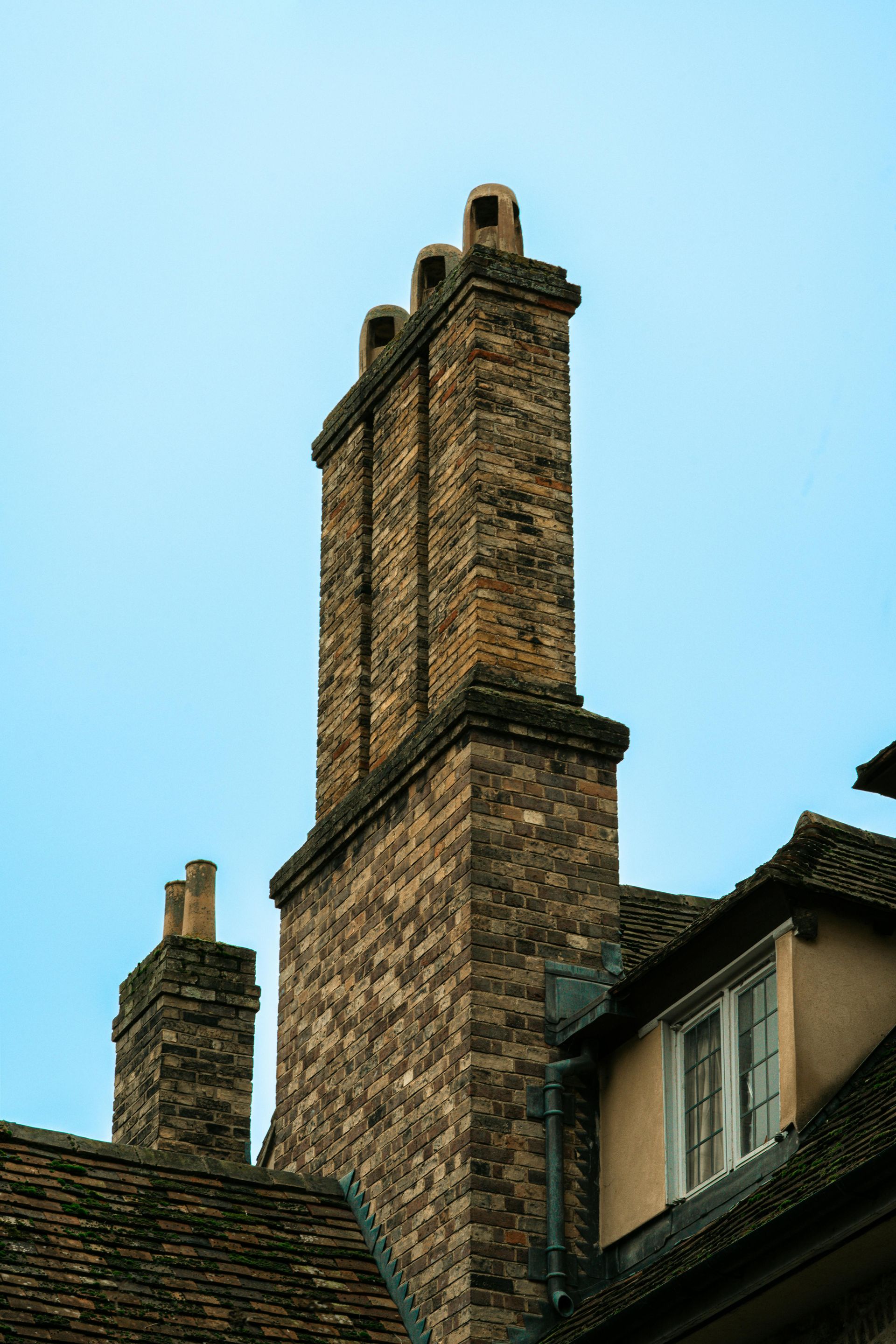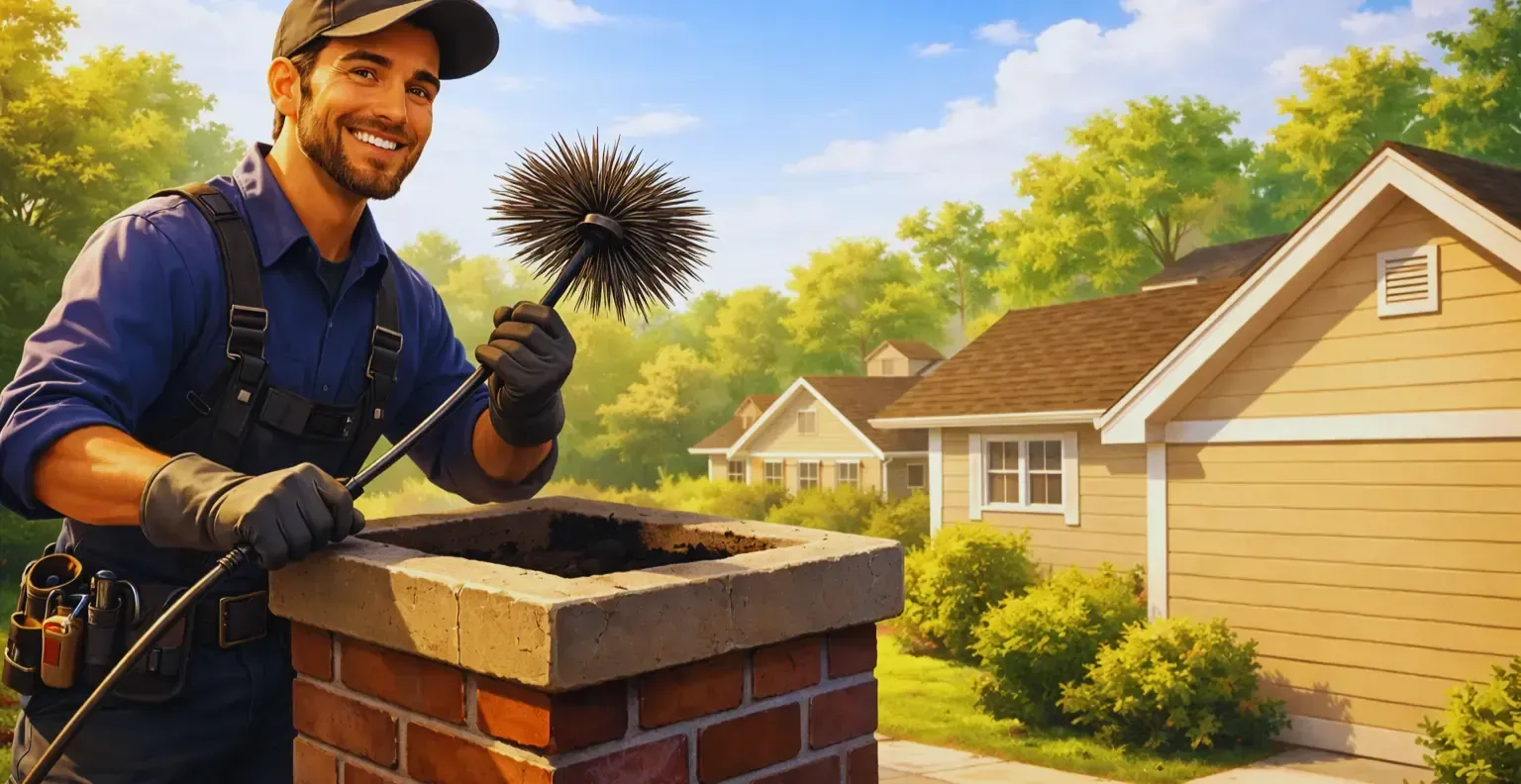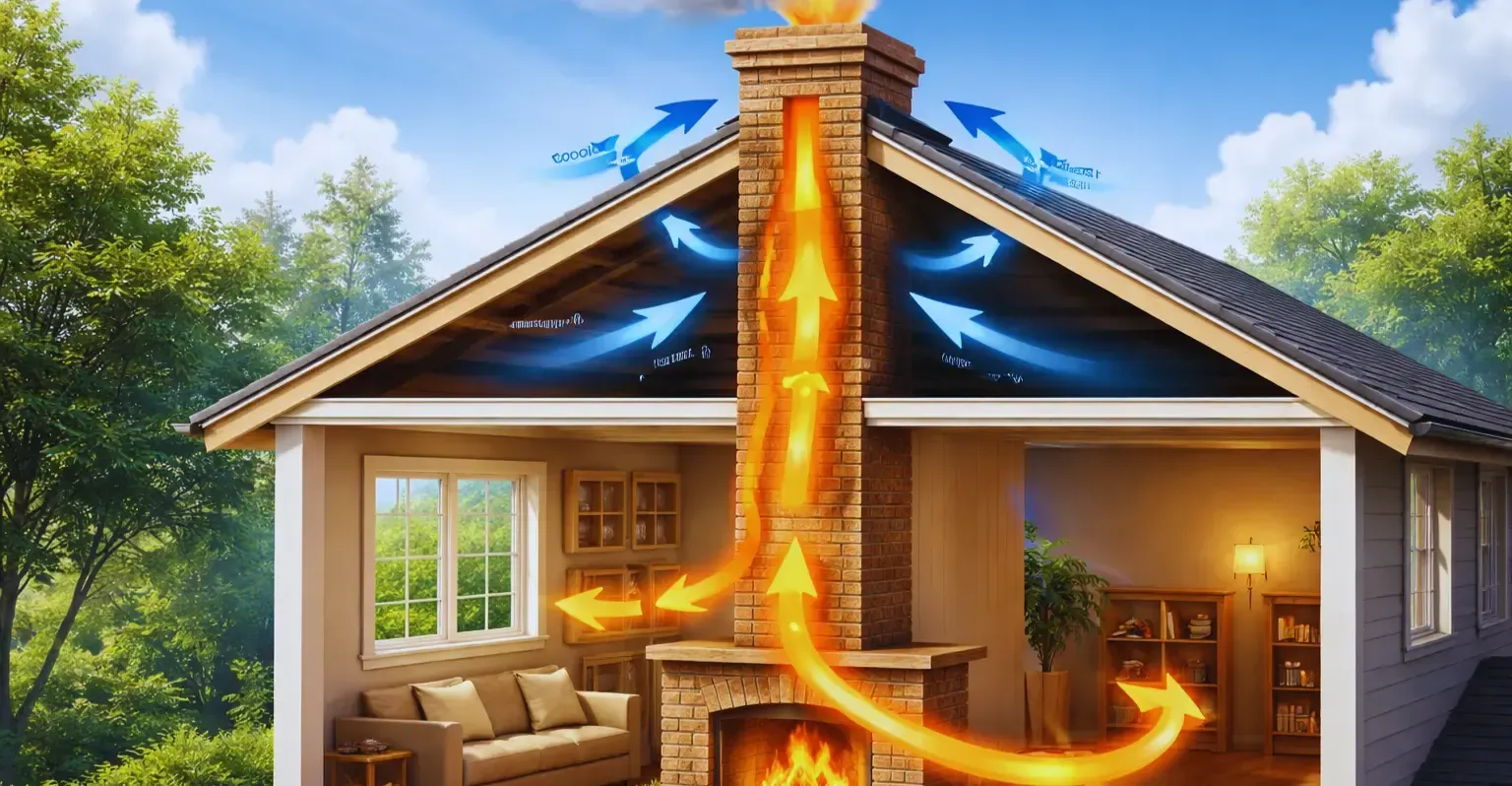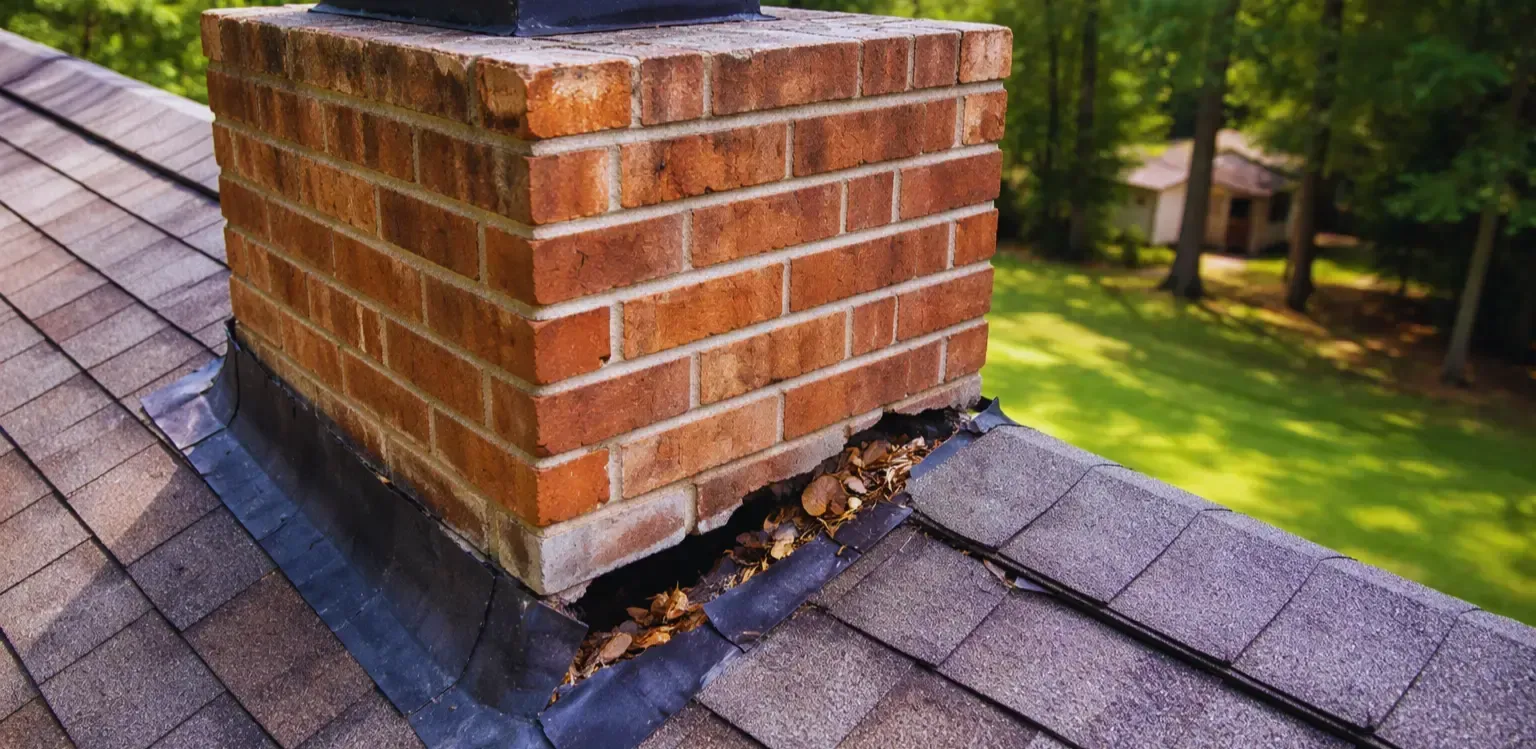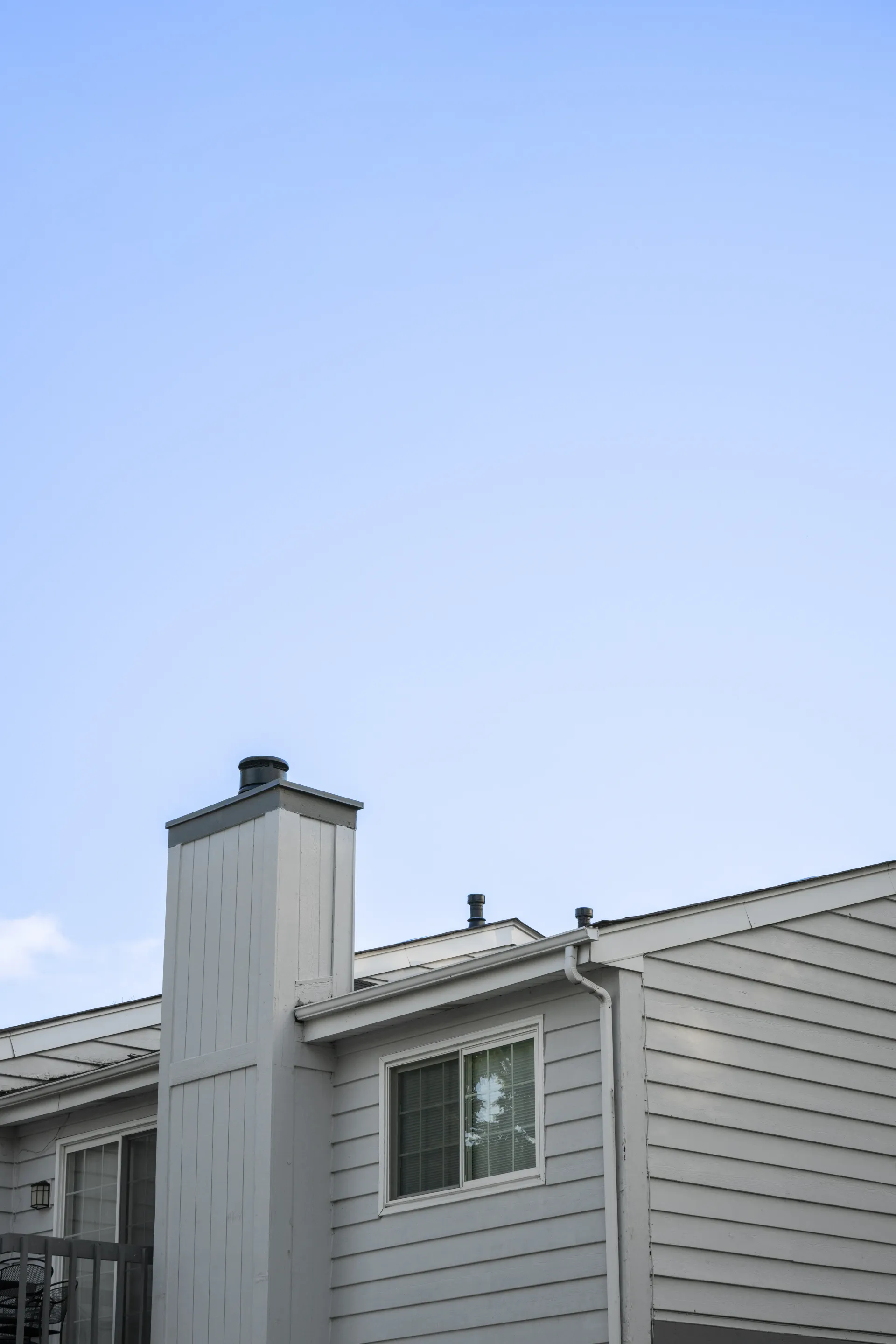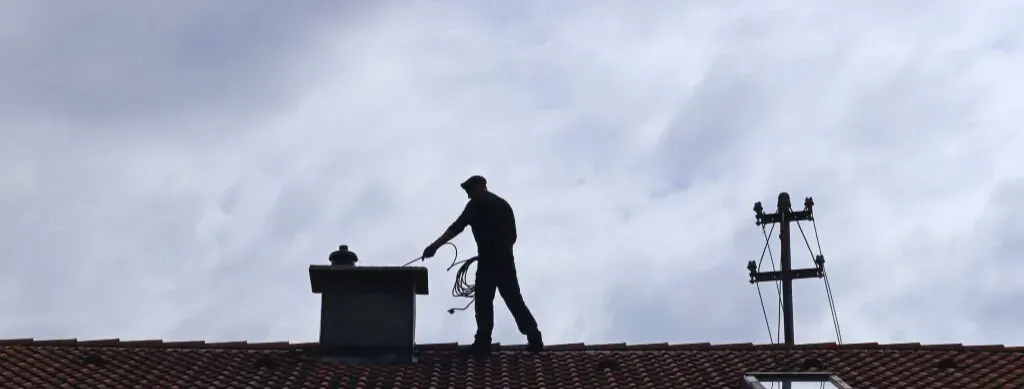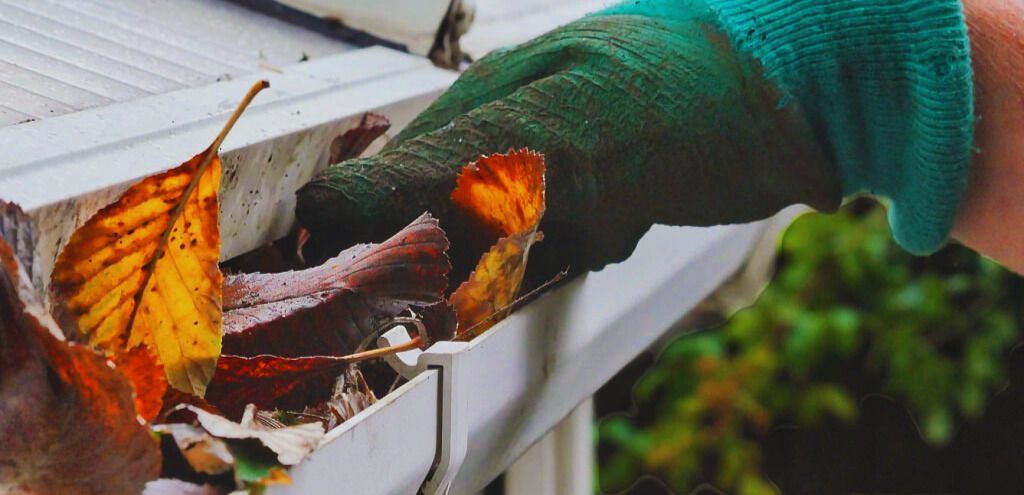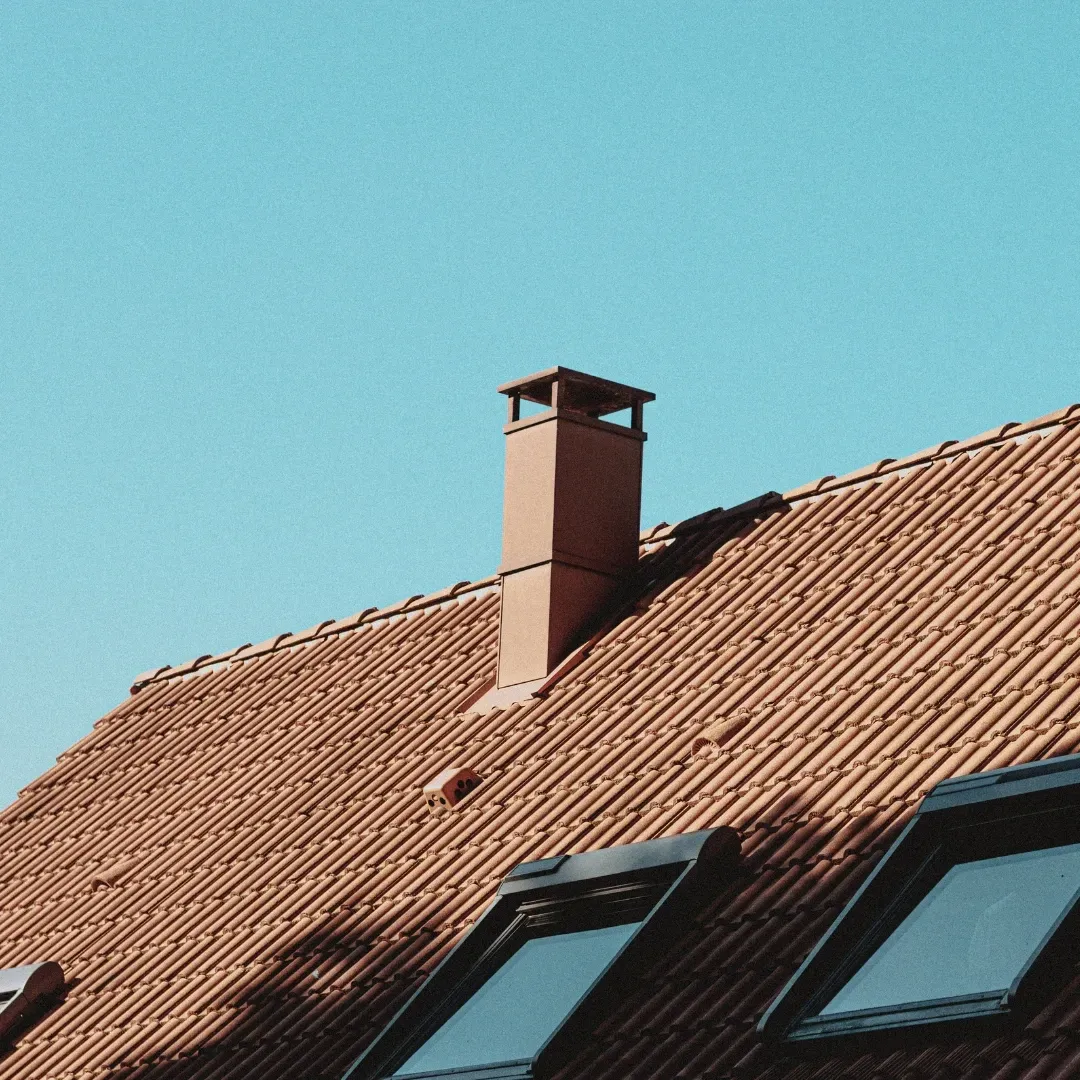Stay Safe: How to Prevent Chimney Fires in Portland Homes
Chimney fires are silent destroyers. They don’t announce their presence with blazing sirens or dramatic flames—at least not right away. Instead, they often start slowly, smoldering quietly, building up creosote until a flash fire turns your cozy evening into a catastrophe. Especially in cities like Portland, where the rain can be relentless and older homes still rely on traditional fireplaces, chimney safety isn't optional—it's urgent.
And so, we begin our journey toward safer living and smarter heating. The focus keyword “chimney fire prevention Portland homes” isn’t just for search engines—it’s for your peace of mind.
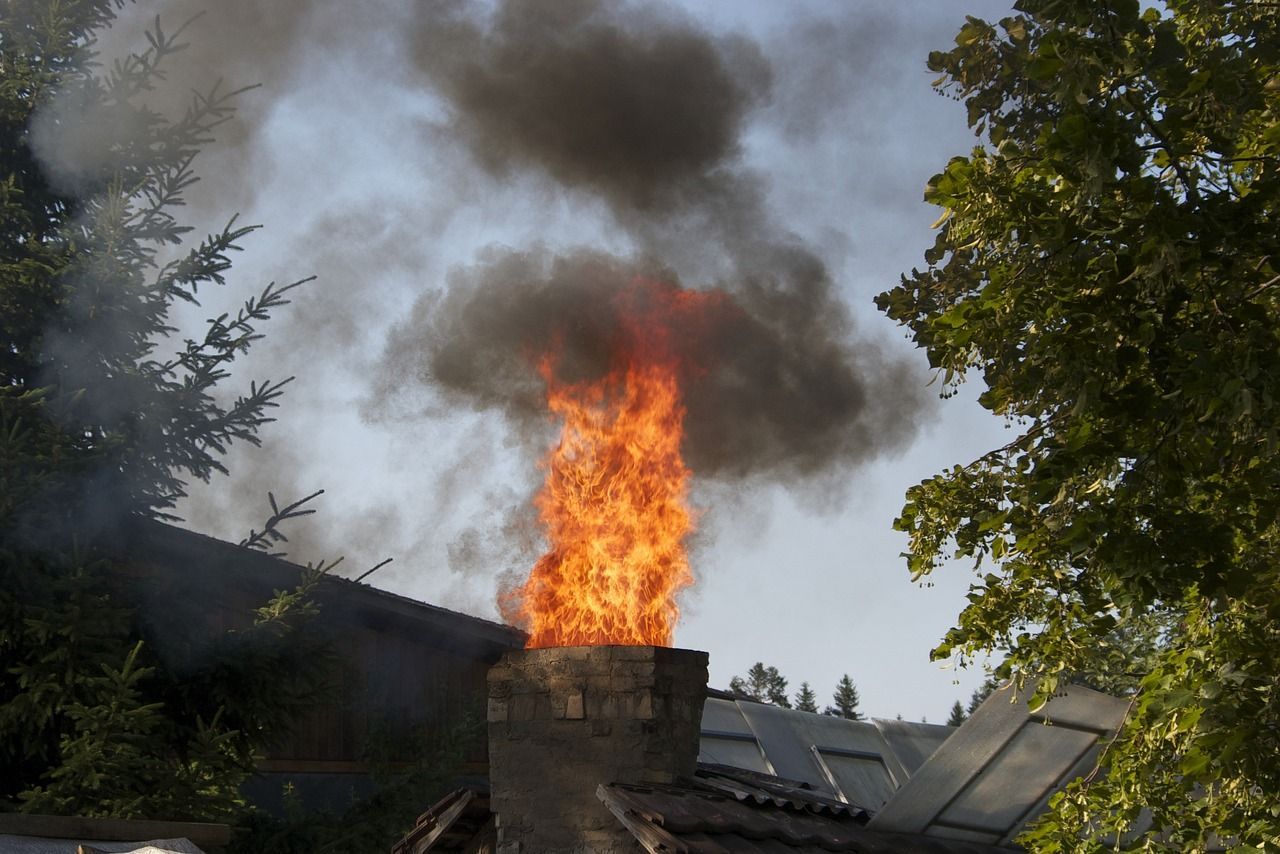
Understanding Chimney Fires in Portland Homes
Chimney fires occur when combustible deposits such as creosote accumulate inside your chimney flue. When these deposits ignite, the intense heat can crack flue liners, damage masonry, and, in severe cases, cause full-blown house fires.
In Portland, this risk is exacerbated by the region’s cool and damp climate, which encourages slower burns and higher creosote accumulation.
Why Chimney Fire Prevention Matters in the Pacific Northwest
Portland homes endure a unique set of environmental conditions. Moisture from near-constant rainfall can seep into your chimney structure, weakening bricks and mortar. These damp conditions also make it harder for firewood to dry properly, contributing to inefficient burns and faster creosote build-up.
Consequently, the push for chimney fire prevention in Portland homes is more than a precaution—it's a priority.
Common Causes of Chimney Fires
Most chimney fires can be traced back to a few common culprits:
- Creosote Buildup: The #1 cause, creosote is a highly flammable residue from burning wood.
- Unseasoned Firewood: Wet or green wood produces more smoke and less heat, perfect for creosote formation.
- Poor Airflow: Blockages from nests, debris, or a faulty damper.
- Neglected Maintenance: Many homeowners delay annual inspections until it’s too late.
Understanding these causes is the first step to prevention.
Creosote: The Hidden Threat
Creosote forms in three stages:
- Stage 1: Flaky and easy to brush away.
- Stage 2: Tar-like and sticky.
- Stage 3: Glazed, hardened, and extremely difficult to remove.
If you see dark, shiny patches inside your chimney, you’re likely dealing with third-degree creosote—a major hazard.
How Often Do Chimney Fires Happen in Portland?
According to local fire department reports, chimney fires are responsible for a significant portion of wintertime residential fires. Portland’s older neighborhoods—like Sellwood, Laurelhurst, and Alameda—are particularly vulnerable due to vintage fireplaces and outdated flue systems.
Signs Your Chimney Might Be at Risk
Not every fire makes noise, but many do. Watch for:
- A loud cracking or popping sound
- Dense smoke or a burning smell in the house
- Oily or tar-like deposits around the fireplace
- Black, flaky residue in the firebox
These aren’t signs to ignore—they’re cries for help.
How Weather Affects Your Chimney in Portland
Portland’s damp weather means your chimney is exposed to frequent cycles of freezing and thawing. This leads to:
- Brick and mortar decay
- Liner erosion
- Increased mold growth inside the chimney
Routine maintenance is key in mitigating weather-induced damage.
Types of Chimneys Found in Portland Homes
Understanding your chimney type helps tailor maintenance efforts:
- Masonry Chimneys: Traditional, durable, but prone to moisture damage.
- Prefab Chimneys: Easier to replace but vulnerable to high heat.
- Metal Flue Systems: Modern but require proper clearances and shielding.
Each has its own maintenance quirks, so inspect accordingly.
The Role of Chimney Caps and Dampers
These often-overlooked features serve essential roles:
- Chimney Caps: Keep out rain, debris, and animals.
- Dampers: Control airflow, prevent drafts, and improve combustion.
Upgrading or repairing these components drastically reduces fire risks.
Importance of Annual Chimney Inspections
NFPA 211 recommends a professional inspection at least once a year. Even if you rarely use your fireplace, creosote can still accumulate and animals may nest inside during the off-season.
Schedule a Chimney Service before the heating season kicks in.
What Happens During a Chimney Inspection?
Expect your chimney technician to:
- Use cameras to inspect internal structure
- Assess creosote levels
- Check flashing, caps, and flues
- Recommend cleaning or repairs
Choosing a Certified Chimney Sweep in Portland
Look for CSIA (Chimney Safety Institute of America) certification. It ensures your technician meets national standards. Ask about references and insurance before hiring.
How to Clean a Chimney (and When to Hire a Pro)
DIY cleaning works for light buildup, but glazed creosote demands professional tools and experience. If you can’t remember your last cleaning, it’s time to call the pros.
Best Tools for Chimney Maintenance
- Wire chimney brushes
- Extendable rods
- Creosote removers (chemical logs)
- Camera scopes
Use these wisely, and always follow safety precautions.
Seasonal Chimney Maintenance Checklist
Spring:
- Clean out ash and debris
- Inspect flashing for water leaks
Fall:
- Full chimney sweep
- Check damper operation
- Inspect for animal nests
Fireplace Safety Tips for Families
- Use a safety screen
- Keep flammable items at least 3 feet away
- Install smoke and carbon monoxide detectors
- Teach children to stay clear of the hearth
Wood Matters: Burn the Right Fuel
Only burn:
- Seasoned hardwood (oak, maple)
- Kiln-dried logs
Avoid burning treated lumber, driftwood, or construction scraps.
How Portland Building Codes Impact Chimney Safety
Portland requires:
- Permits for chimney repairs or rebuilds
- Adherence to Oregon Residential Specialty Code (ORSC)
- Height-to-roof ratio compliance
Check with your contractor to ensure all work meets local codes.
The Importance of Proper Chimney Liners
A chimney liner protects your home from heat transfer and prevents flue gases from leaking. Clay, metal, and cast-in-place liners are the most common types in Portland.
The Dangers of Neglected Chimneys
Ignoring chimney maintenance can lead to:
- Structural fires
- Expensive repairs
- Insurance claim denials
How Insurance Companies View Chimney Fires
Insurers may deny claims if there's no record of maintenance. Keep documentation of inspections and cleanings on file—it could save you thousands.
How to Prevent Chimney Blockages
Install a chimney cap and screen. Clean your chimney before winter. Check for signs of nesting or debris buildup every few months.
Smart Chimney Upgrades for Older Homes
- Stainless steel liners
- Airtight wood stoves
- Top-sealing dampers
These upgrades improve safety and efficiency while preserving architectural charm.
Eco-Friendly Chimney Practices in Portland
- Use EPA-certified wood stoves
- Burn cleaner fuels
- Limit usage on “no burn” days
Chimney Repairs to Address Immediately
- Spalling bricks
- Loose mortar
- Cracked flue tiles
- Water stains
Delaying these fixes only increases your fire risk.
Building a Fire the Safe Way
- Open the damper fully
- Use the “top-down” method (big logs at the bottom, kindling on top)
- Never use gasoline or lighter fluid
Emergency Preparedness: What to Do If a Fire Starts
- Evacuate immediately
- Call 911
- Close the damper if possible (without putting yourself at risk)
- Use a fire extinguisher only if it's safe to do so
Educating Kids About Fireplace Safety
- Set ground rules: “No touching,” “stay 3 feet back”
- Demonstrate how to stop, drop, and roll
- Practice emergency drills regularly
How a Chimney Service Can Save You Thousands
Preventative maintenance costs a fraction of what you’ll pay for fire damage restoration. Partnering with a trusted Chimney Service ensures long-term savings.
When to Contact a Chimney Service in Portland
If it’s been over a year since your last inspection, or if you’ve noticed any warning signs, don’t wait. Reach out via the Contact page today.
FAQs
How often should I clean my chimney in Portland?
At least once a year, especially before winter. More often if you burn wood frequently.
Can I use chemical chimney cleaning logs instead of sweeping?
They help reduce creosote but are not a replacement for physical sweeping.
What’s the best firewood to use?
Seasoned hardwood like oak, hickory, or maple is ideal.
Is chimney cleaning messy?
Professional sweeps use vacuums and tarps to keep your home clean.
Do gas fireplaces need chimney cleaning too?
Yes. Debris and blockages can still occur, and vents need inspection.
How much does a chimney sweep cost in Portland?
Expect to pay $150–$300 depending on the height, condition, and services needed.
Conclusion
Chimney fires may seem like an out-of-sight, out-of-mind problem—until they’re not. Preventing chimney fires in Portland homes isn’t just about staying warm; it’s about staying safe, smart, and secure. With routine maintenance, smart burning habits, and timely inspections, you can keep your home protected through every chilly Pacific Northwest winter.
Ready to act? Schedule your inspection with a trusted Chimney Service and ensure your family’s safety today.
Links:
